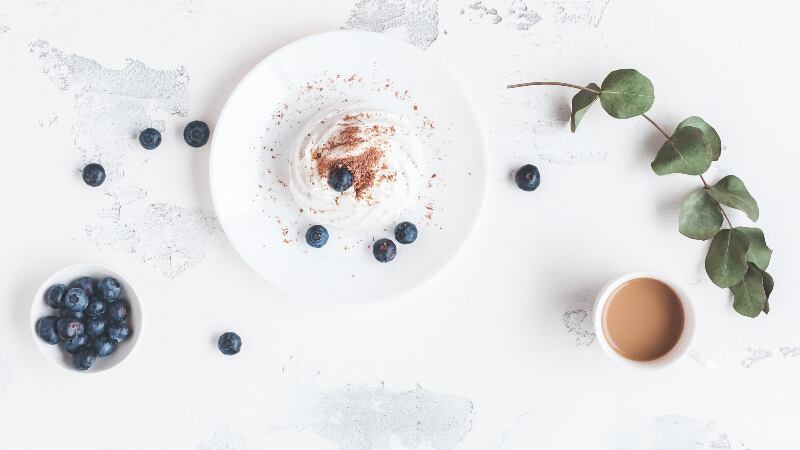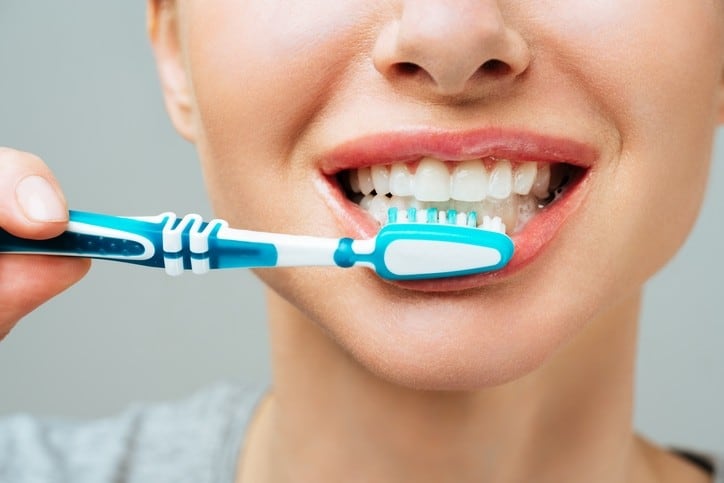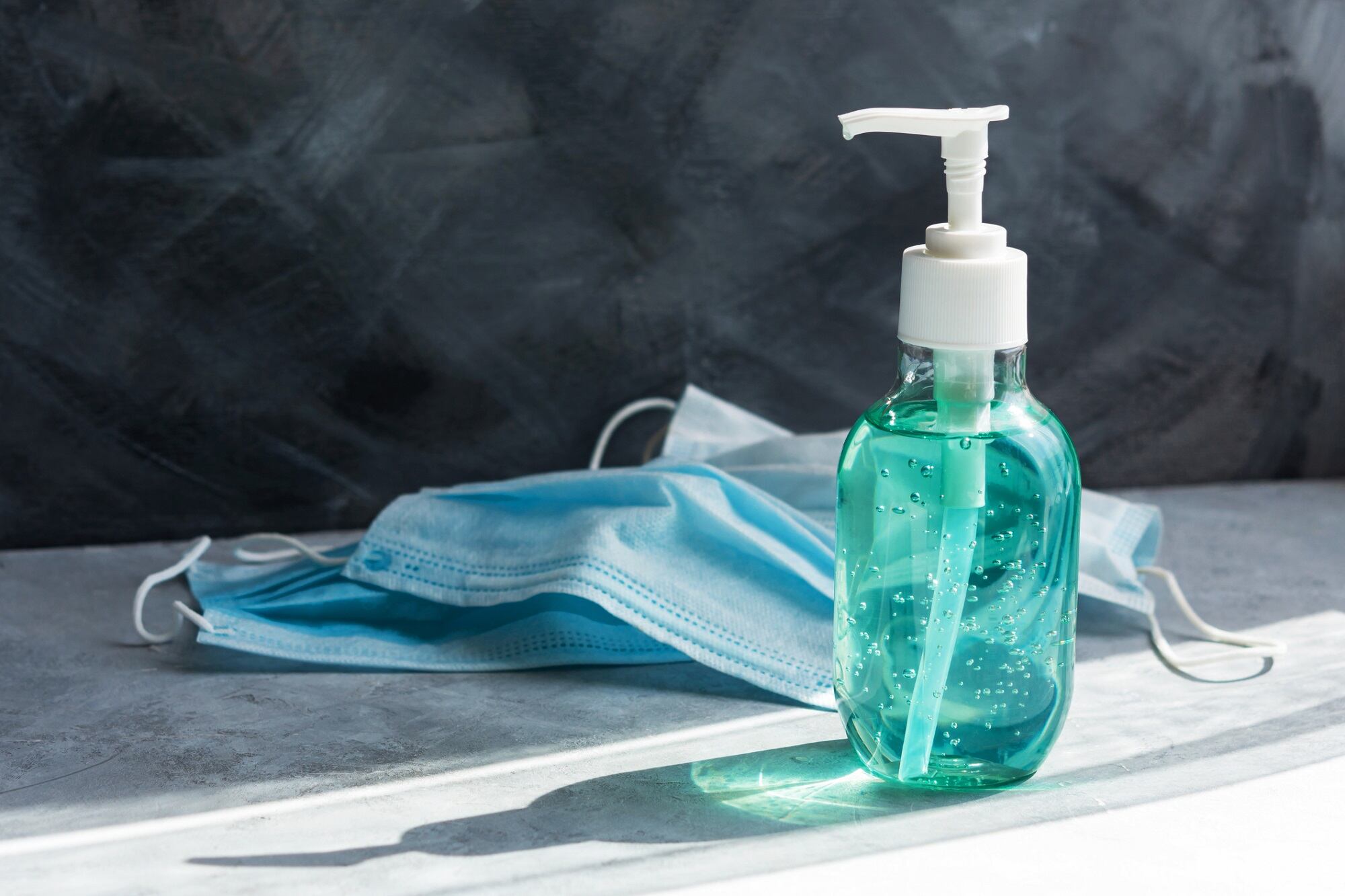Autophagy is a natural mechanism that breaks down malformed or non-functional proteins in human body cells into amino acids, from which new proteins are built.
In the epidermis, a process called keratinisation occurs when keratinocytes mature and form the stratum corneum (outermost layer of the skin). During keratinisation, large amounts of a protein — keratin — are produced, which help to improve moisturisation, repair damaged cells, and create a protective barrier against external stimuli.
In its study, Kao found that a decrease in autophagy activity impairs epidermal homeostasis, leading to disruption of keratinisation.
To search for ingredients that can activate autophagy and are useful for the formation of a healthy stratum corneum, Kao evaluated more than 200 raw materials.
It was discovered that autophagy activity and level of loricrin protein (a major keratinocyte cell envelope protein) increased when eucalyptus and bilberry extracts were used together.
“These results suggested that it is possible to activate autophagy and restore the stratum corneum, which is important for the skin’s moisturising and barrier functions. Specifically, the simultaneous use of eucalyptus and bilberry extracts can improve keratinisation by enhancing autophagy activity,” Kao said.
The study findings were published in the International Journal of Molecular Sciences, and presented at the 143rd Annual Meeting of the Pharmaceutical Society of Japan held in Hokkaido from March 25 to 28.
In-depth research on autophagy
Autophagy activity declines with age, leading to problems such as skin pigmentation.
“Kao was among the first to pay attention to the function of autophagy in the skin. Since 2010, we have been contributing to in-depth research on autophagy and its applications in the field of dermatology.
“This time, our study was based on the belief that autophagy is closely linked to the epidermis, where old cells are constantly replaced by new cells. To investigate the relationship between autophagy and keratinisation in the epidermis, we compared the elbow skin and the arm’s surrounding skin of healthy subjects in their 30s to 50s, who have problems such as dryness and roughness on the elbow.”
The participants were observed to have hyperkeratosis (thickening of stratum corneum) in the elbow, and the distribution of keratin was found to be markedly disordered.
Autophagy activity was measured by detecting the rate of LC3 protein metabolism via a flux assay. LC3 has a bag-like structure that envelops intracellular components, and is an important protein for autophagy.
The results indicated that the amount of LC3 metabolised in the elbow skin was lower than in the surrounding arm skin, and that autophagy activity was significantly reduced.
To further assess the effects of autophagy on keratinisation disorders, a reagent that activates autophagy was added to organ-cultured elbow skin.
“Our analysis showed that thickening of the stratum corneum was suppressed, and the heterogeneous distribution of proteins related to keratinisation was improved. This suggests that by stimulating autophagy activity, disordered keratinisation can be restored and a healthy stratum corneum can be formed.
“We will continue to study autophagy and further improve our technology so that we can meet the demands of people who want to achieve healthy and beautiful skin,” the firm said.





